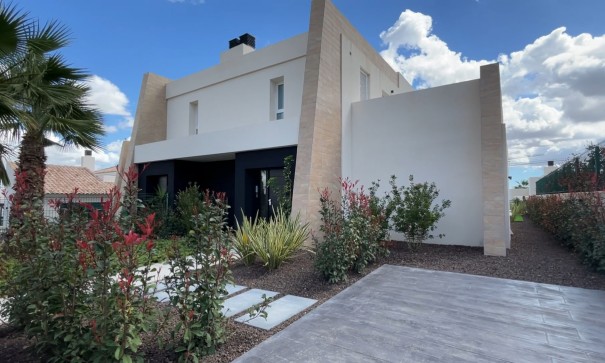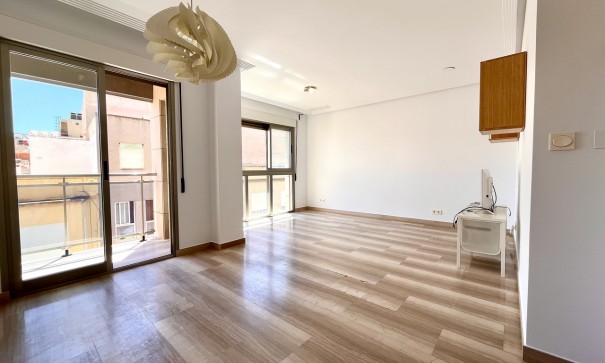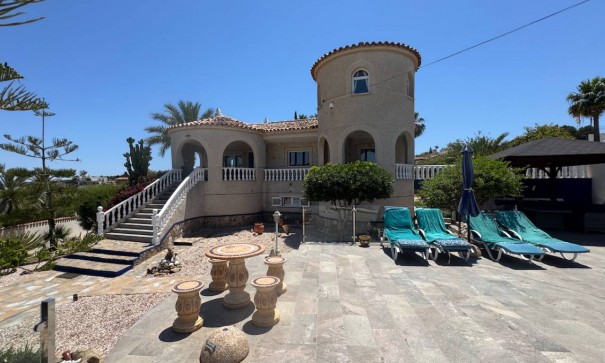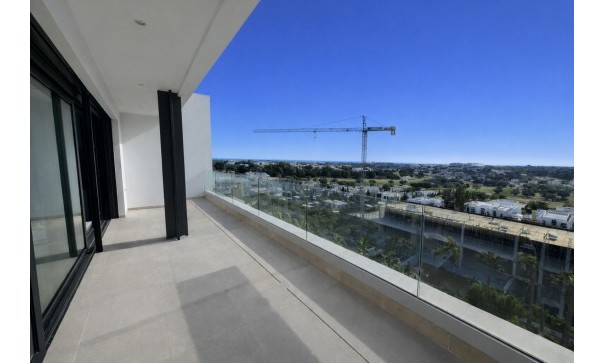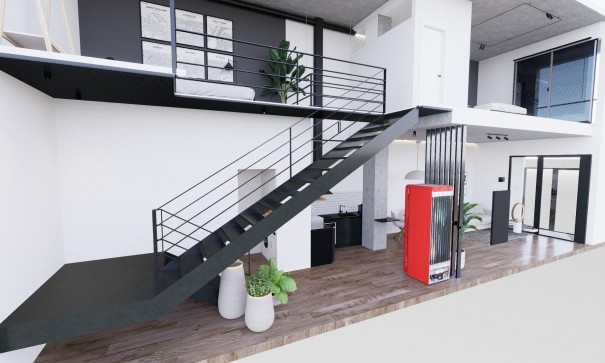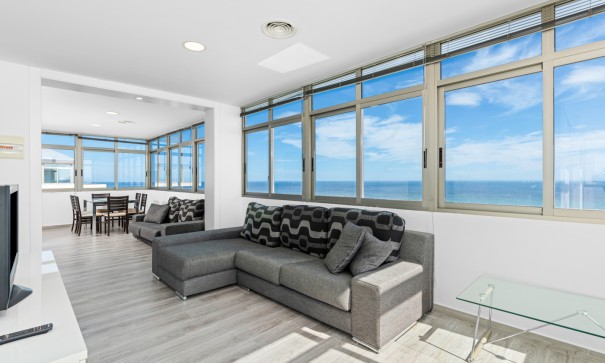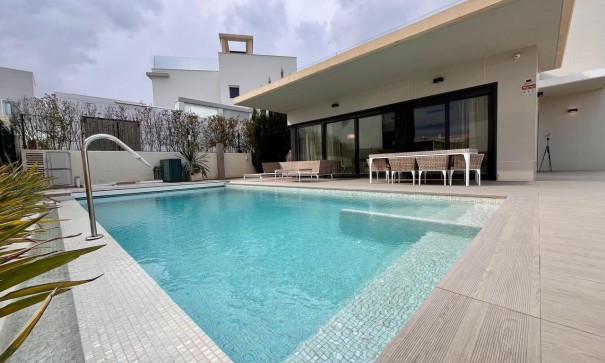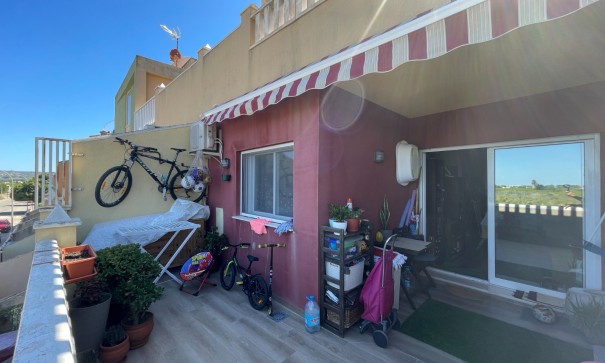New European regulations for short-term rentals now in effect from 1 July 2025

On Tuesday 1 July, new European regulations will come into effect that will require owners of short-term rental properties — such as holiday homes or seasonal rentals — to register in the Central Rental Register if they wish to continue offering their properties via online platforms.
The measure, which was approved in January but is only now becoming mandatory, assigns each property a unique identification number. This number must be clearly visible in each advertisement. The aim is to bring more control and transparency to a sector that has grown explosively in recent years. According to the Spanish Statistics Institute (INE), it is estimated that there are currently between 350,000 and 400,000 tourist rental properties in Spain that are offered through digital platforms.
As of June 27, the Spanish Ministry of Housing has received almost 200,000 applications from all over the country, according to data from the Registry of Notaries. It is striking that more than 60% of these applications were submitted in the past month alone. Of the total, 90,046 have been approved, 17,596 have been rejected and 92,044 are still being processed.
Most requests relate to tourist rentals (156,938 in total) and come mainly from the provinces of Malaga, Gran Canaria, Alicante, the Balearic Islands and Barcelona — regions that together account for around 40% of the total supply of holiday accommodation in Spain.
What is the Digital One Stop Shop?
The Digital One-Stop Shop for Rentals is a new national platform created to make the registration process for short-term rentals simpler and more efficient.
Through this central and accessible platform, owners can submit their requests to advertise their properties for a non-residential purpose — such as tourist rental — on digital platforms.
Once the code is assigned, it is up to the owner to visibly mention it in the corresponding advertisement. Thanks to this system, it becomes easier to monitor the activities, with the aim of gaining more control and transparency within the sector.
For which homes is the registration code mandatory?
All properties that are rented out for short stays —such as holiday homes or seasonal rentals— and that are regularly offered via digital platforms or other channels must have an official registration number. This applies to both apartments and houses that are rented out for recreational use per day, per week or for a consecutive period of less than 31 days, and that do not serve as the tenant’s main residence.
The registration requirement applies regardless of whether the owner rents out the property himself or through an intermediary, and applies to all accommodations offered on platforms such as Airbnb, Booking, Vrbo or similar websites.
On the other hand, dwellings rented for longer periods — more than one month — for residential purposes, as well as rooms rented occasionally in a main residence, are in principle exempt from this obligation. This is unless specific regulations in a given autonomous region provide otherwise.
How to apply for a unique registration number? In order to officially offer a property for holiday or seasonal rental, the owner must apply for a unique registration number through the online portal of the Spanish Land Registry and Companies Register.
https://sede.registradores.org...
https://www.mivau.gob.es/vivie...
The application process is carried out in steps:
Complete the digital form with the details of the property and the owner.
Download the completed form as a PDF file.
Go to the digital submission option via the same platform.
Select the correct action: "Assignment of a registration number for short-term rental".
Upload the PDF form and add the requested attachments.
After submitting — which can be done online or physically at the local land registry office — the application is assessed by the competent authority. They check whether the property complies with national, regional and municipal regulations. If everything is in order, the Unique Registration Number is assigned, which is mandatory to legally advertise the property on digital platforms.
What information is required for the application? When applying for the registration number, both information about the home and the owner must be provided. This includes:
The full address of the property
The cadastral reference
The intended type of rental (tourist or temporary)
The maximum permitted occupancy
In addition, it must be indicated whether the property is located in a residential building, and whether specific regional or local regulations apply. Finally, the personal data of the owner or his legal representative must also be sent, such as name, DNI or NIE, tax address, email address and telephone number.
In addition, the required supporting documents must also be included, such as a municipal permit — if required in the autonomous region concerned — a declaration of honour or other administrative approval proving that the property meets the legal requirements for short-term rental.
Are there fines for non-compliance with the registration requirement?
From 1 July, owners who do not register their tourist or temporary rental property in the Central Rental Register, or who provide incorrect or incomplete information without correcting it within seven days of receiving the provisional code, risk direct measures. In that case, the Ministry of Housing can remove the property from the market and inform the online platforms involved. They then have a maximum of 48 hours to take the advertisement offline.
Between August last year and November, a whopping 28,588 tourist accommodations disappeared from the market — a significant drop that was particularly noticeable in cities such as Madrid and Barcelona.
Recently, the Madrid High Court upheld the ministry’s actions and ordered Airbnb to remove almost 66,000 listings for violating regulations. Last week, Booking also removed more than 4,000 accommodations after an official warning from the ministry led by Pablo Bustinduy. In addition to having listings taken offline, hosts can also face fines. The size of these fines varies by autonomous region and can range from 2,000 to as much as 500,000 euros, depending on the severity of the violation.



















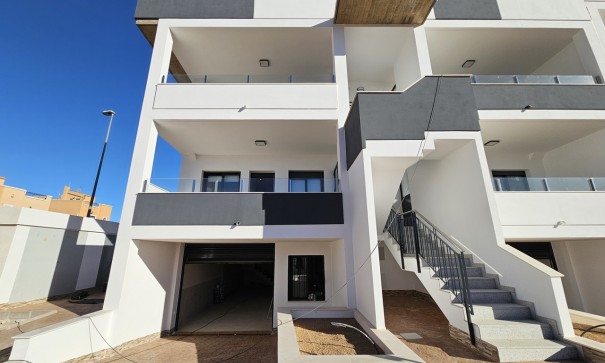
 Los Altos
Los Altos



